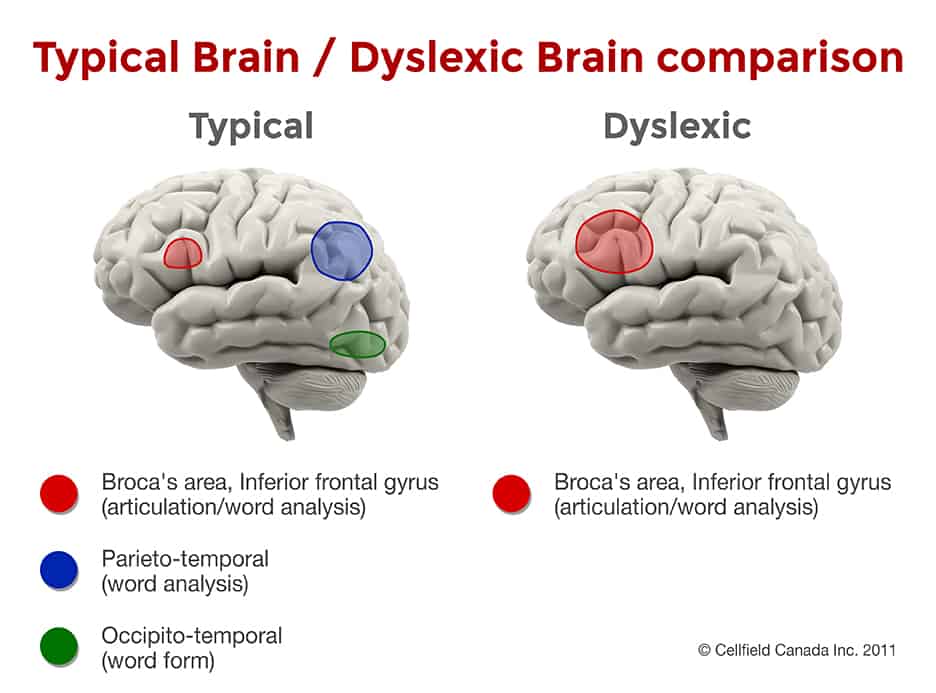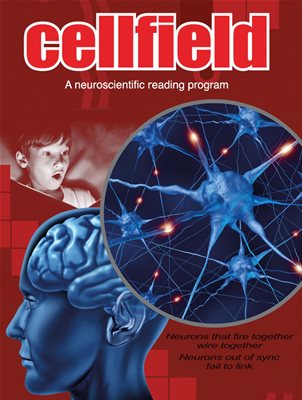The Role of Zinc Deficiency in ADHD & Learning Disorders
There is an expression in the nutrition world that goes, “no zinc, no think.’ Zinc is the second nutrient I always check for when working with children who have brain disorders because zinc is essential for proper functioning of the nervous system and for brain activity. It also has a key role in immunity and…
Continue Reading









